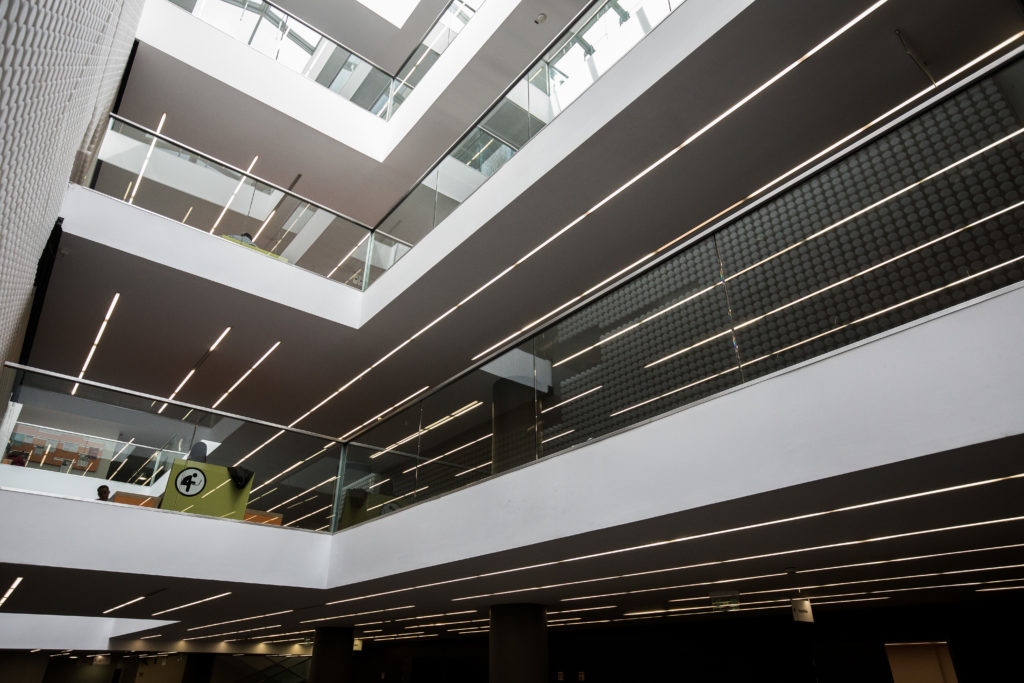The changing nature of the cultural tourist: motivations, profiles and experiences of cultural tourists in Budapest – Publication by Ivett Pinke-Sziva and Zombor Berezvai

This paper reflects on the changing nature of the cultural tourist, including motivations, profiles and experiences. The paper firstly reviews broadening definitions of cultural tourism, which now include more intangible, interactive and creative experiences. The research focuses on urban cultural tourism and the city of Budapest in Hungary. The primary data examines how motivated tourists are by different activities including culture; how far tourists are interested in heritage sites and museums compared to everyday culture and creative activities; it analyses variations in cultural activities according to age, gender and nationality; and the types of experiences that are desired the most by tourists. Cultural tourists still appear to be highly educated, but educational experiences are less important than escapism or entertainment. Cultural contact is important, but creative experiences are not. There are only small variations between genders and nationalities, but larger ones according to age groups. Older tourists prefer heritage sites and museums, whereas younger ones prefer night-life, music events and festivals. Overall, the findings are important for urban capital cities that have concerns about overtourism and the night-time economy, as well as the desire to re-establish themselves as cultural tourism destinations.
Dr. Pinke-Sziva Ivett
Egyetemi Docens / Associate Professor
Rektori Szervezet / Fenntartható Fejlődés Intézet / Turizmus Tanszék
Berezvai Zombor
Egyetemi Docens / Associate Professor
Rektori Szervezet / Marketing- és Kommunikációtudományi Intézet / Marketingmenedzsment Tanszék